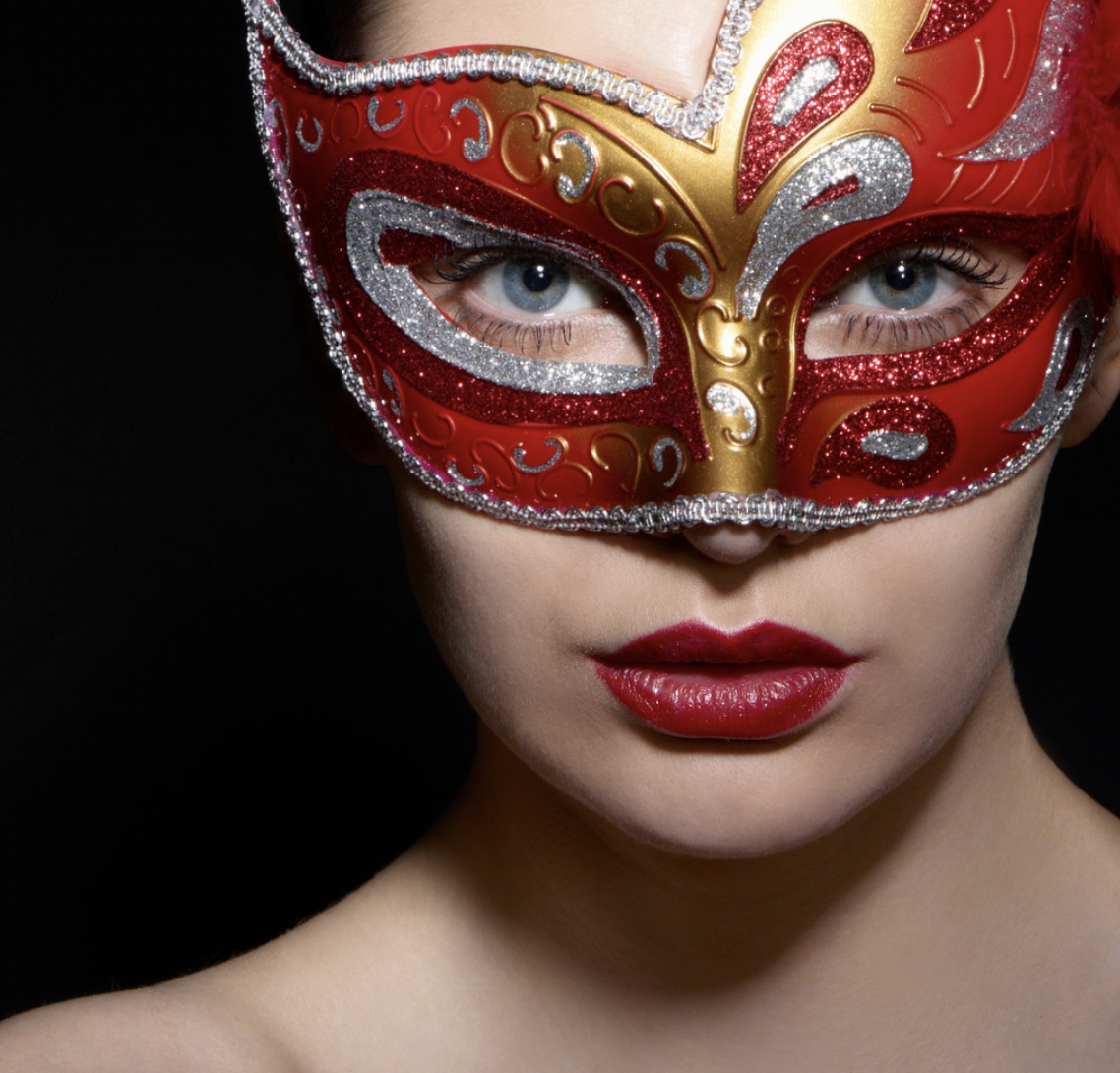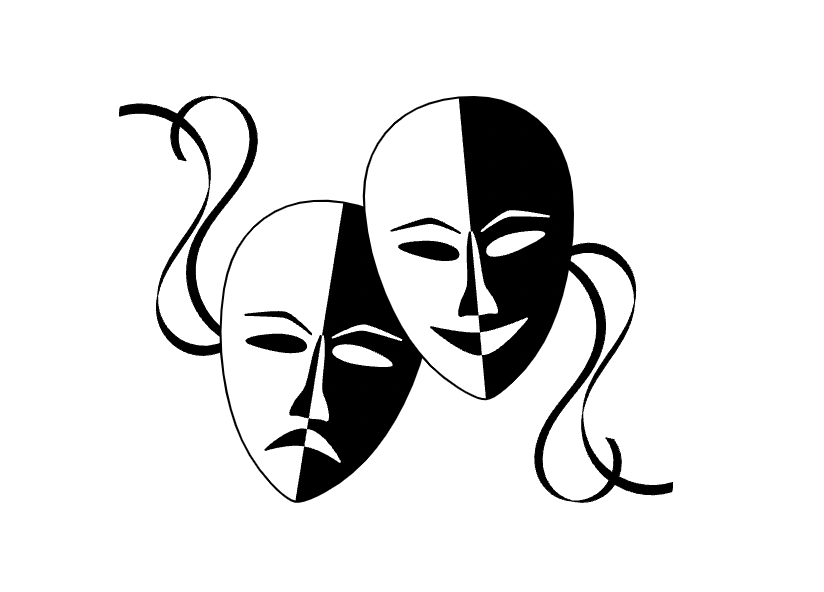Masks.
The ultimate privilege in life is to be who we truly are.

“Too many people overvalue what they are not and undervalue what they are.“ - Malcolm Forbes.
Watching Kevin Costner in the movie “For the Love of the Game,” I was struck by a poignant scene toward the film's end. Costner’s character Billy Chapel had just pitched a perfect game which is the apex of a major league pitcher's career. In 140 years of baseball covering over 250,000 games, there have been only 23 perfect games. In the crowning achievement of Chapel’s life, he was alone. Fans cheered, and fellow players put him on their shoulders, but that was all theater. Chapel wore the mask of ultimate success, but beyond the hype of his iconic public persona, loneliness yanking at him with fierce desperation.
The word mask immediately conjures images of the costumes and makeup of theatre or a celebration like Halloween.1 While masks epitomize dressing up, in this case, I am referring to the masks we wear daily. Our everyday masks are the clothing we wear, the language we speak, the topics we discuss, the tone of our voice, and the makeup we use to blend into social settings. We have many masks to camouflage our true feelings. As a society, we have become adept at using masks in various situations.
Carl Jung, the noted psychologist, describes our socially desirable personas as masks covering our true selves or hiding our impulsive behaviors. The persona is our presentation of ourselves to the world. The word "persona" is derived from a Latin word that means "mask." Our persona is not a literal mask. Instead, it represents the social masks we wear among various groups and situations to shield our ego from adversity and rejection. 2
I have reached a point in my journey where I imagined enjoying my grown children’s accomplishments and grandchildren with the love of my life. Like Costner’s character, I recently celebrated several epic milestones alone. Painfully, embarrassed at my failure to find and cultivate a big love, I hide behind the trappings of accomplishment and a sly smile that says "I want it this way". But, I don't. Even now, acknowledging my romantic void in these passages creates a vulnerability that claws at my psyche like fingernails on my emotion chalkboard.
Our first masks are created at the early stages of life.3 During our developmental journey as children, we understand that adhering to societal expectations and norms is crucial for social integration. As a result, a persona gradually emerges, serving as a façade to conceal primitive urges, impulses, and emotions deemed unsuitable in the context of social acceptability.4
Those masks are designed from our parental messages, and as we interact socially, we design even more masks. Upon receiving messages like "Good girls sit nicely" or "Big boys don't cry," we construct masks that align with these societal expectations. Consequently, we forge a "good girls" or a "big boy" mask. As we transition into adulthood, it is unsurprising that we carry these masks with us. Throughout our growth, these masks become increasingly intricate as we encounter more messages defining how "niceness," "friendliness," "intelligence," or "success" should appear.5
Although masks serve a purpose in social contexts, they can impede our progress. Frequently, we become so preoccupied with donning masks that we lose our true selves. These masks can hinder our relationships by erecting barriers that separate individuals from genuine connection.6 To connect to others, we need to be authentic. However, implicitly afraid of rejection, we don our masks, not realizing that if we are rejected, our mask is rejected, not our true self.
Most of us appreciate that masks are necessary for a civil and functioning society. Even so, we should know which masks we are wearing and why. We should keep tabs on situations where we only wear masks and our authentic self never shows. Ask ourselves what are the benefits of my mask. Some masks feel good, and some do not; which are we wearing?
A big challenge in romantic dating is the relentless deployment of masks to hide our true selves from potential mates. Only after months and months of dating are we comfortable enough to allow our authentic selves to emerge, often leaving partners confused by the bait-and-switch tactic. Twisting the truth about who we are is a form of hype. Tragically, our masks sabotage the authenticity necessary for true intimacy and acceptance.
Also, take a step back for a moment and consider the masks we and others wear due to fear of rejection and the need to conform, coupled with the firehose of misleading advertising and media disinformation bombarding us daily. Where is the line between fiction and reality? Should we pause to ask what is real?



